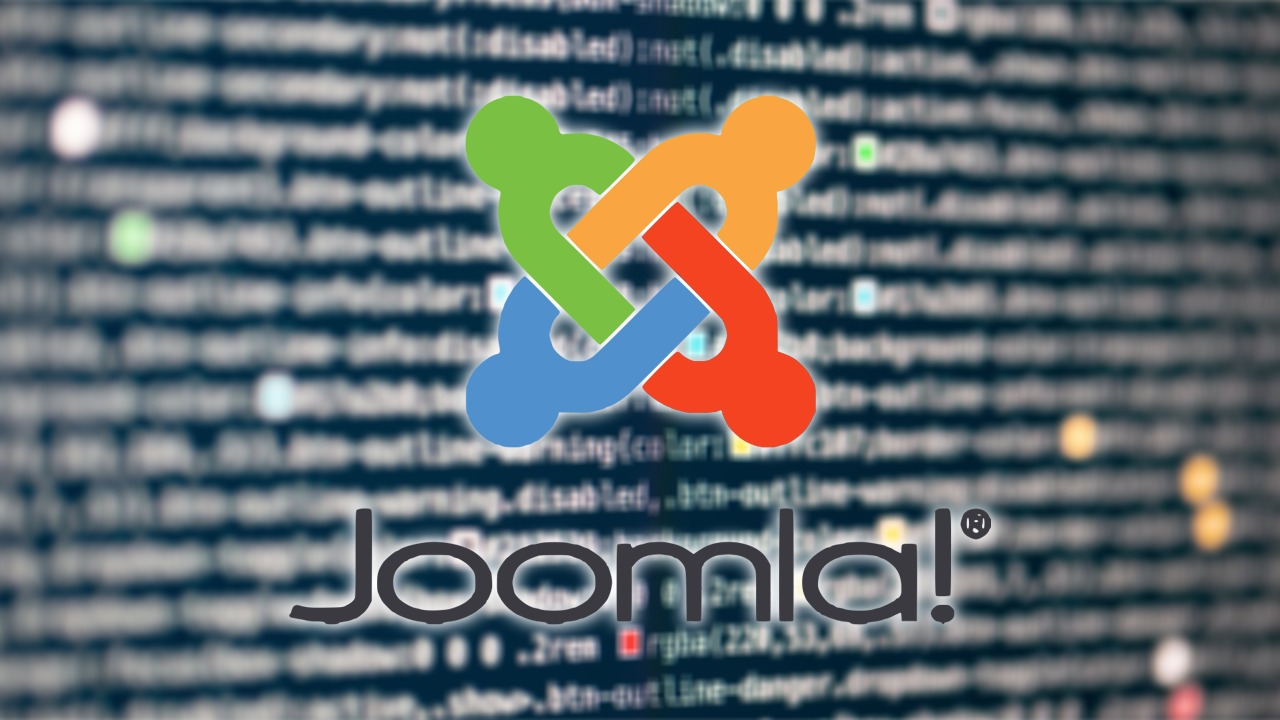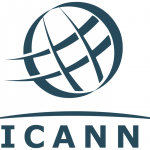WordPress, Joomla and Drupal have been ruling the digital market over the past decade. Being the three big names in the open source content management systems, these CMS solutions have been helping to create powerful websites on a limited budget. If you are looking for a CMS that falls between the easy to use WordPress and technically complex and powerful Drupal, then Joomla is your right answer. Written in PHP and deploying object-oriented programming techniques and software design patterns, Joomla uses MySQL, MS SQL or PostgreSQL for data storage. It can be considered as a middle of the road solution for those who are seeking for a CMS bit more technical than WordPress, but can’t deal with the complexity of Drupal.
The story of this open source CMS starts when Miro International Pty Ltd released Mambo, a free software for creating and managing websites through a simple web interface, in 2001. But in 2005, the entire core team of Mambo announced that they are leaving Mambo. The team created a website called Open Source Matters and released its first fork of Mambo titled as ‘Joomla! 1.0’ in September, 2005. The name Joomla! is the anglicised spelling of a Swahili word “Jumla”, which means ‘all together’ or ‘as a whole’. If we look into the current statistics, 2.7% of all websites use Joomla and it holds a market share of 6 percent. Around 2.8 million websites run on Joomla CMS.
Why you choose Joomla development over WordPress, Drupal or other CMS solutions? Below listed are some reasons that give you a better insight about it.
-
- It is fast, safe, easy to use and edit. Joomla takes away the hassle out of CMS-less website editing. Unlike the conventional content management systems that don’t give priority to data integrity, Joomla ensures the integrity of your website data by deploying the ‘lockingcontent’ feature. Let us assume that you are editing a category of your website, then Joomla won’t allow any other user to edit the same content. No matter whether you want to add new pages, edit old pages or edit text to make them more web friendly, Joomla makes it easy for the content managers or developers to make changes.
-
- Efficient designs. Joomla comes with templates, samples and menu systems which enable the designing process to be more efficient. The look and feel of the website can be customized to meet the unique needs and requirements of business enterprises. Joomla permits extensive customization thereby allowing the designer to simply implement the changes into a template. What does that mean to a developer? You don’t have to follow any time-consuming and tedious procedure of copying pages or migrating the website.
-
- Built-in caching. If you have been told that Joomla’s cache is the most beneficial and dreaded feature, then you have heard it right. Built-in caching of Joomla CMS increases the response time and performance of the website by a greater extent. But at the same time, it can lead to conflicts when misused.
-
- Search engine friendly features. Joomla is built with search engine optimization in mind. Built-in SEO friendly URLs, meta description, meta keywords, links and other features help to rank the websites better. If you have a basic knowledge of SEO, then marketing your Joomla website would be an easy task.
-
- Huge selection of templates and extensions available. Joomla comes equipped with a vast array of extension and templates. Whether it is to integrate the social networking or forum to your website, Joomla’s extensions library has got it all covered. You can find third-party extensions that perform just about any functionality you may need for website. If you didn’t find a pre-built extension for your required functionality, then you could opt for building it yourself. Since Joomla is an extensible system, it allows installation of extensions, extending functionality and adding new functionality. Another remarkable feature is the availability of templates to suit every design requirement.
- Support from the most vibrant community of developers. Not only the Joomla.org offers a vast collection of development tools and tutorials, but there is also a large community of Joomla developers and designers to help you out. You may seek advice, tips and tricks through the online community.
Multilingual support, scalable engine, security and browser compatibility of Joomla makes it a perfect choice for building corporate web portals, eCommerce stores, small business websites, community based portals, personal website and more. If you are in search for an incredibly powerful content management system, then Joomla development is your best bet.























